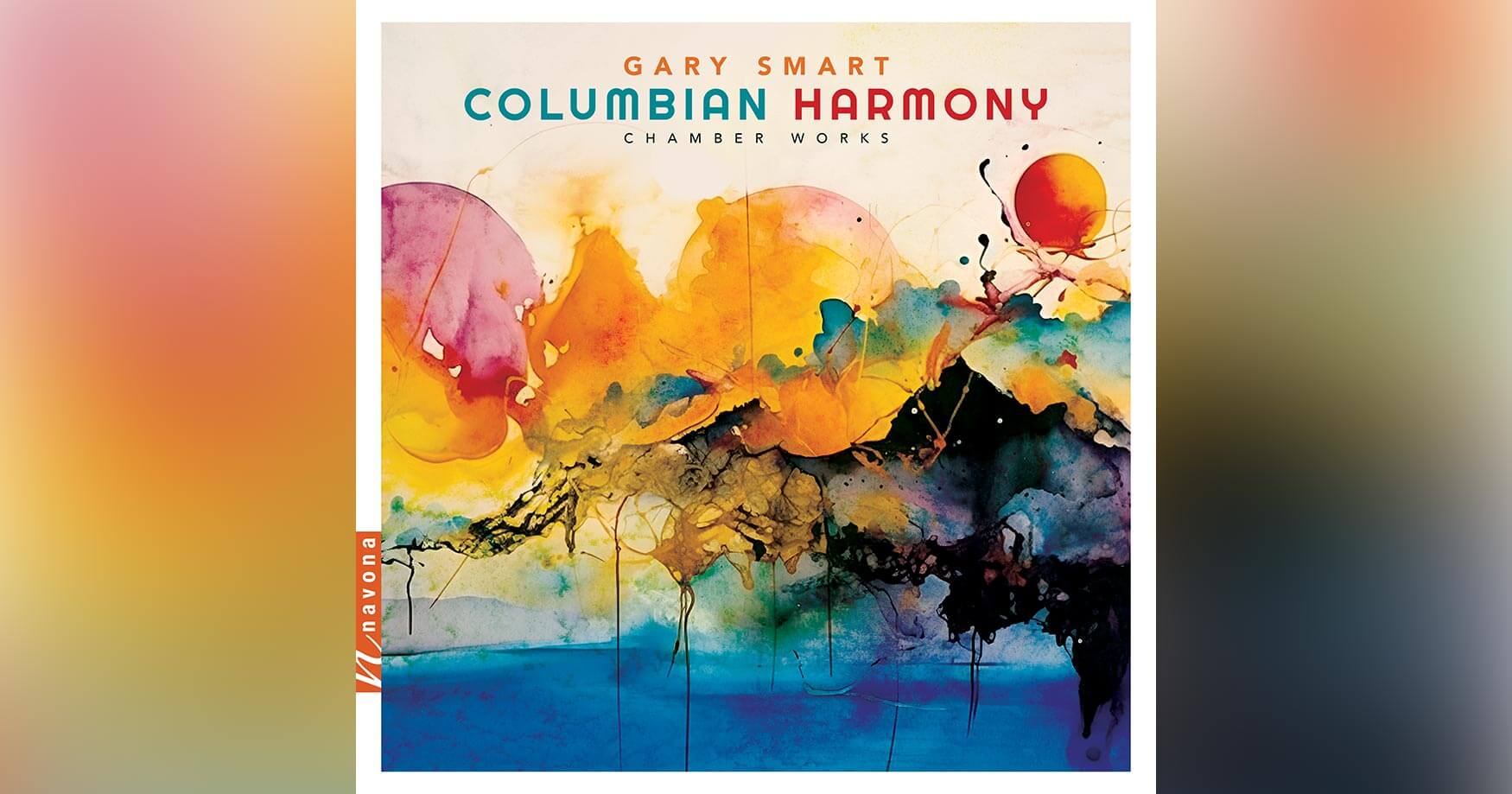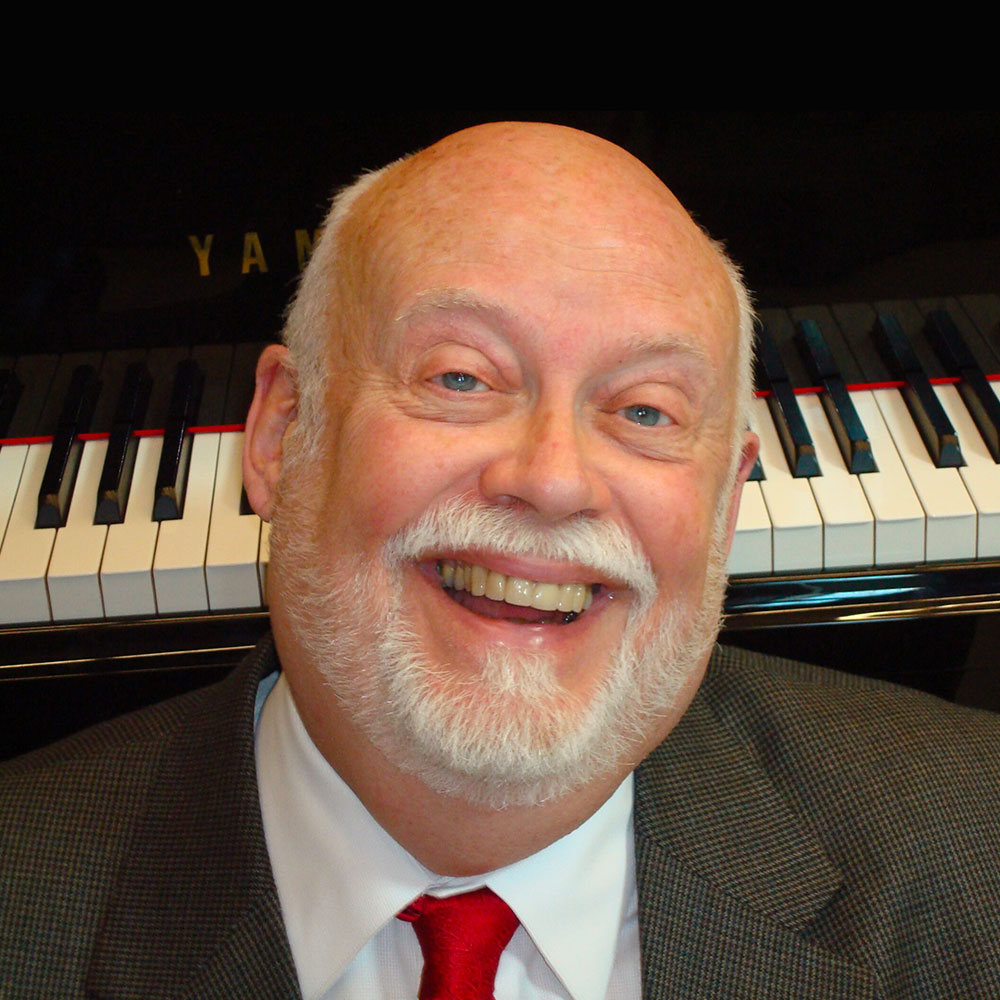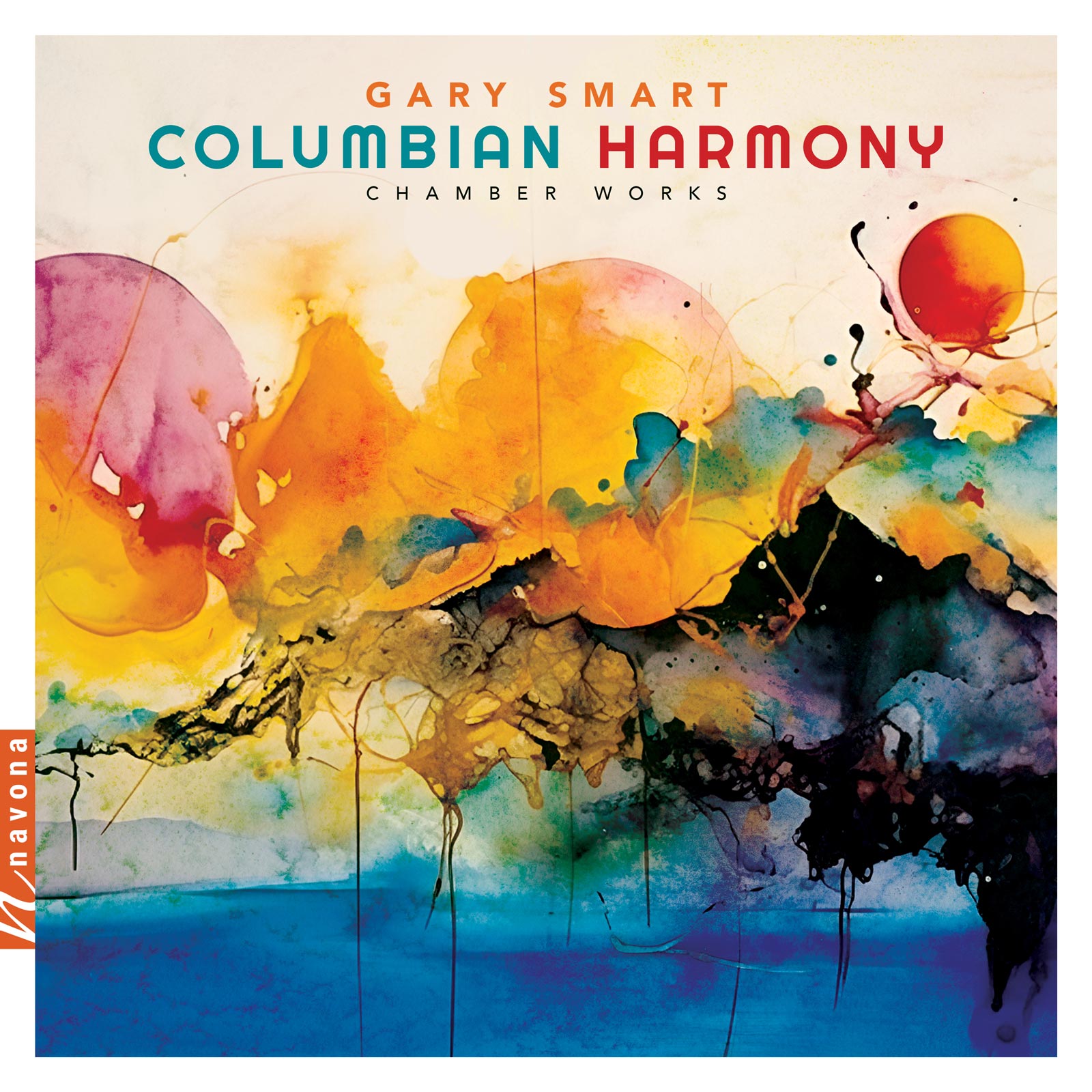
Multi-genre composer Gary Smart explores a wide range of styles and transforms them into his own musical language on COLUMBIAN HARMONY. His soundscapes are sweeping, billowing meadows, often vast in their ambition and scope, meandering between grand rhapsody and heart rending simplicity.
Today, Gary is our featured artist in “The Inside Story,” a blog series exploring the inner workings and personalities of our composers and performers. Read on to learn about the volume of Beethoven works that gave him a new perspective on music and art, and why he believes music is always made in collaboration…
If you weren’t a musician, what would you be doing?
Like a lot of musicians, I can’t imagine not living and breathing music full time, all the time. By the age of five I was obsessed with music. I think I’ve integrated that obsession into a fairly normal life. Let’s just say, “I love what I do.” Right now I’m into old recordings. Times may change, but uniquely fine musicianship is always so wonderful to hear. And musical expression comes in so many different guises. Music is what I do, what I love. I’m exactly where I was meant to be.
What were your first musical experiences?
I grew up in a singing family. My mother seemed to hum or sing to herself all day. My dad listened to music on the radio, singing along. There was always music in church. It sounds corny, but I think the town band was a strong influence. Of course I think all the homemade music around me just encouraged my strong inclination.
When I was a child, almost every home had a piano. I remember a piano tuner playing after the tuning. He was a good player! I had never seen or heard anything like it! I was five years old and I was hooked, watching those keys fly, hearing those harmonies and delightful melodies. That was it. I wanted to play the piano. I had to play the piano. And I wanted to know everything about music!
As a little kid, of course, I made no distinction about genres. I liked what I liked, regardless of traditions, culture, etc. I learned hymns, pop tunes, classical music, jazz
lines, movie music, most anything and everything.
I had a wonderful piano teacher, Miss Adelaide, who taught me to respect the classical canon and how to develop a classical technique. Once she asked, “You’re not playing any of that jazz nonsense, are you?” I replied “Oh no!” I lied. If she has any idea of the “nonsense” I was involved in! Early on, I learned to respect and trust myself and to go my own way.
What advice would you give your younger self?
Stay open. Take it all in. Learn to learn, to teach yourself. Try not to compete. Take criticism seriously, but remain your own judge. Buck the trends. (Isn’t it amazing to see how concepts and practices shift over time?) Become your own best critic. Trust your instincts. Learn to edit!
Learn from your failures. Find your own way. I have found Beethoven and Debussy to be two particularly wonderful musical models. For me there is endless inspiration in the lives and work of those two giants. Study how they created, how they grew. My younger self listened to this advice, for the most part, happy to say.
Take us on a walk through your musical library.
I have been around quite a while and I’m kind of a pack rat. I have over two hundred LP’s I couldn’t part with several hundred CD’s. The Internet has made these things obsolete. I have all the standard piano lit scores and maybe a hundred pocket scores, plus all my old scores, sketches, etc. It’s a mess! But I love having these things around.
Rather than summarize my recording library, I’ll just give you a sample of my present favorites: a 1970’s Waldstein sonata by V. Ashkenazy, a complete set of CD’s by the Singers Unlimited, a lovely album of swing piano (particularly For Miss Black) by Mel Powell, an LP of Rachmaninoff playing his transcriptions of Kreisler and others (wonderful!), a live recording of the Dave Brubeck Quartet at the 1958 Newport Jazz Festival, LP’s of Walter Gieseking on Angel Records, particularly his Debussy performances, and tenor sax giant Zoot Sims’ Warm Tenor album (such expressive playing!). Add to that Hilary Hahn’s new album of the six solo violin sonatas by Eugene Ysaye. It’s absolutely stunning! It’s all great music making.
What musical mentor had the greatest impact on your musical journey?
Miss Adelaide Ihrig White, my piano teacher and music mentor until I was 17, was a seminal influence on me. She gave me books to read, taught me to play musically, helped me develop a true technique and to respect excellence and tradition. Once Miss Adelaide heard me improvising around a movement of a Beethoven sonata. She threw my Beethoven volume the length of the room and gave me a furious lecture on respect for great artistic accomplishment.
Not only was I impressed with her arm, (Ha!) but her passion was shockingly impressive to me. She truly believed in music as art! She demanded that I respect that. It was the right time and the right place. I got the message. Thanks Miss Adelaide.
If you could collaborate with anyone, who would it be?
Well, wouldn’t it be a delight to improvise four hands with Debussy? Or play the blues with Ellington? Or play the Bartok Sonata with the master himself? I would have loved to accompany Tony Bennett. Or Ella Fitzgerald. The fantasies are endless.
You know, I once had a vibrant dream where Ben Webster, the late great tenor sax legend, invited me to this jam session. I just listened. After a while I said, “Ben, some of these folks are…well…dead!” He said, with a big smile, “And so am I! But no, man, not really. We don’t die.”
I’ll leave the interpretation to a psychiatrist, but aren’t we always collaborating with our teachers, our former peers, our heroes? Music is so much more than the individual artist, right?
My collaborators on this new album, the Bold City Contemporary Ensemble, were wonderful to work with. They understand my music and they play it with intelligence, sensitivity and brilliance. This album represents a very fulfilling musical collaboration!

Gary Smart’s career has encompassed a wide range of activities as composer, classical and jazz pianist, and teacher. Always a musician with varied interests, he may be the only pianist to have studied with Yale scholar/keyboardist Ralph Kirkpatrick, the great Cuban virtuoso Jorge Bolet, and the master jazz pianist Oscar Peterson. A true American pluralist, Smart composes and improvises music that reflects an abiding interest in Americana, jazz, and world music, as well as the Western classical tradition.

